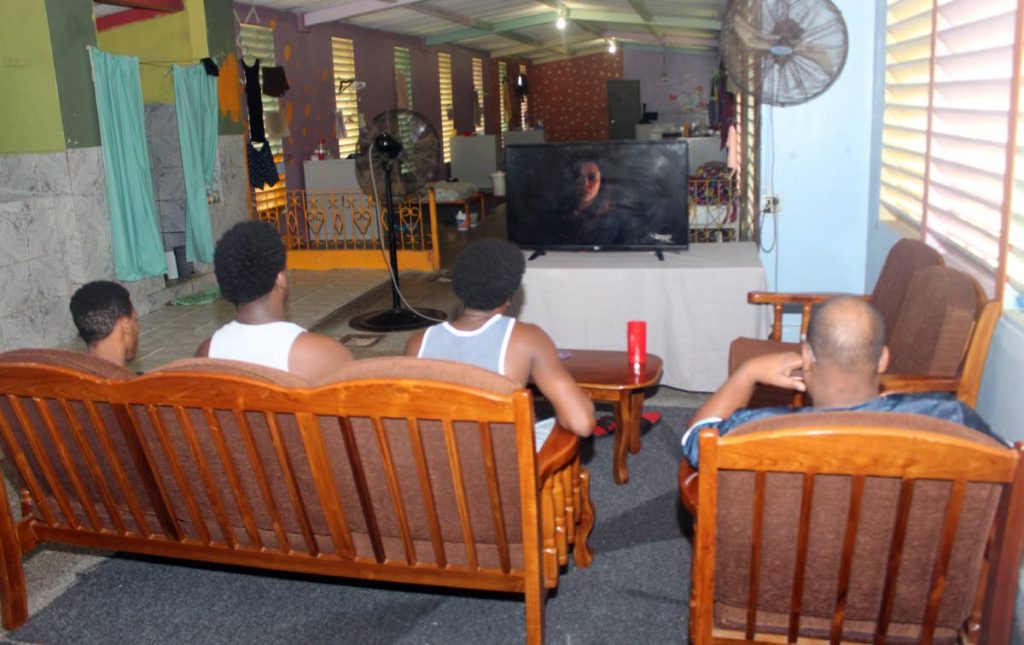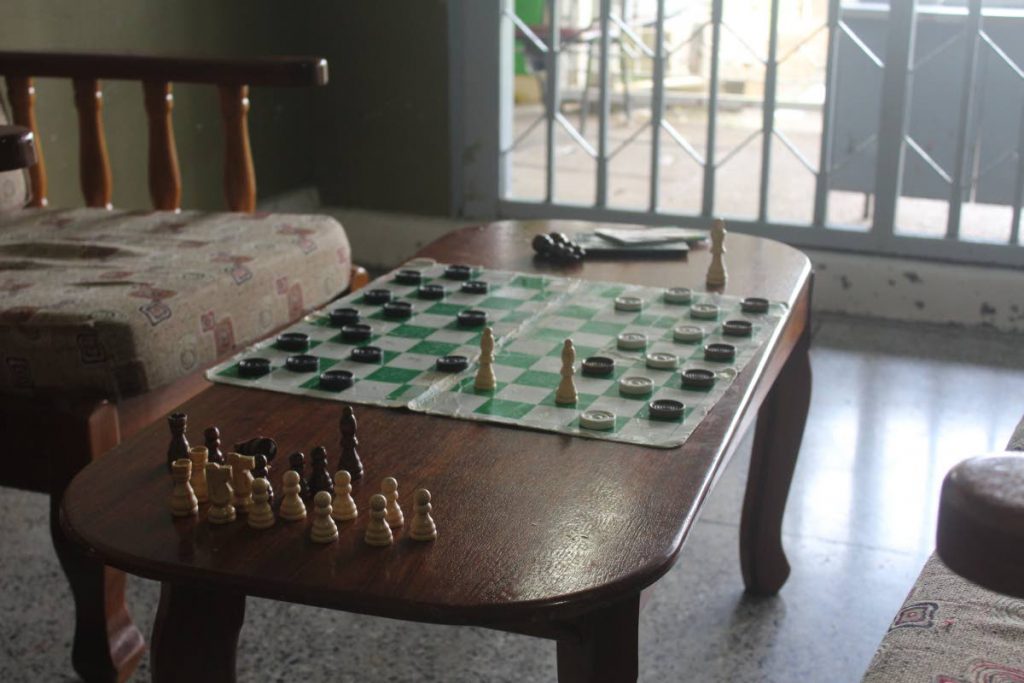YTRC, saving young lives

THE Youth Training Centre (YTC) is no more and has been re-branded the Youth Transformation and Rehabilitation Centre (YTRC).
The beauty is not just name deep, but emphasises that the clients – not lads as they were once called – are to be rehabilitated for re-integration.
Speaking with Sunday Newsday, head of YTRC Supt Germaine De Graff said from the moment the young men entered her doors, the objective would be to get them out better than they came in. The name change has not been done formally as yet but the operations of the institution at Golden Grove Road, Arouca have already been modified, according to the new mandate.
Due to a lag in the judicial system there are clients there as old as 28 and as young as 13. There are ten adults still at the YTRC awaiting trial for various offences. Legally the Prison Service cannot transfer them from YTRC to the Remand Yard without a warrant and the warrant will not come until they have a set court date or some other legal intervention.

After taking over the male youth arm of the service in March, De Graff said she had to ensure that her officers were well-trained to meet the new standards since the old way was no more. Prior to the Child Rehabilitation Act, YTC was governed by the Young Offenders Act. The Child Protection Act has brought with it a series of changes to the operations of YTC. Some of the new requirements include one assigned prison officer to each dorm, whereas before, four to five officers would be in charge of at least ten cell blocks now converted to dormitories. Each dorm can house up to ten clients but it is currently kept at a maximum of seven clients and have most of the amenities that can be found in an apartment.
Clients are no longer allowed to be transported in marked prison vehicles or green unmarked prison vehicles which means prison officers must now repaint some vehicles in their fleet or acquire new ones. The new arrangement would also mean new Priority Bus Route passes for the unmarked vehicles.

Chess is one of the activities taught to clients of YTRC. PHOTO BY ENRIQUE ASSOON
Prison officers said the new approach was taking some time getting used to, having transferred to the upgraded system since last September. The officers said they have had to change their whole way of operation which used to be more of a “tamed” version of “big jail” to an environment closer to a family home setting. Clients are no longer packed in rooms with poor ventilation with no form of entertainment. The dorms now each have a living room with a television, and when the clients are well-behaved they are allowed the privilege of a movie. A cable company has also come forward and promised to install the cable in the dorms.
The men and teens are now assessed on points ranging from bronze to diamond.
As they get closer to being released, clients are afforded weekend passes but this privilege must be earned. Officers said the new system has had a positive impact on the behaviour of the teens and men. De Graff says the manpower has to be doubled in order to meet the new needs of the institution. Officers said they were being stretched thin to meet the new requirements but insisted, during Sunday Newsday’s visit, that the new system was reaping favourable results. A fact that brought smiles to their faces as they spoke.
De Graff said, “We have to make sure that we are not running a little criminal university here. The goal is to re-integrate them. So we are preparing them to go back out from the time they get in.”
De Graff called on corporate TT to join in their rehabilitation of the clients as well as for citizens to buy into the notion of rehabilitative justice and move away from the punitive justice. She said that was a shared responsibility and, while the Prison Service was doing their part, everyone else must do theirs.


Comments
"YTRC, saving young lives"